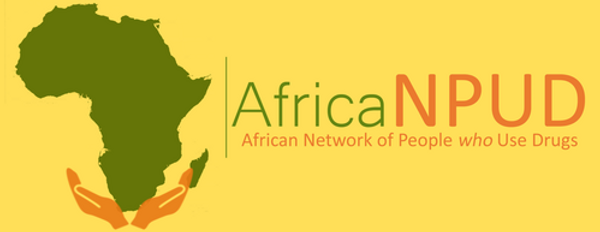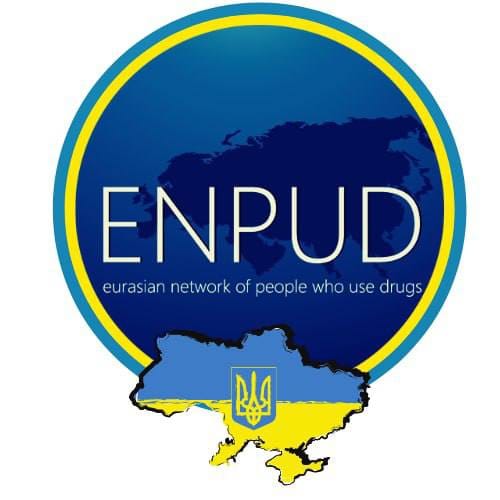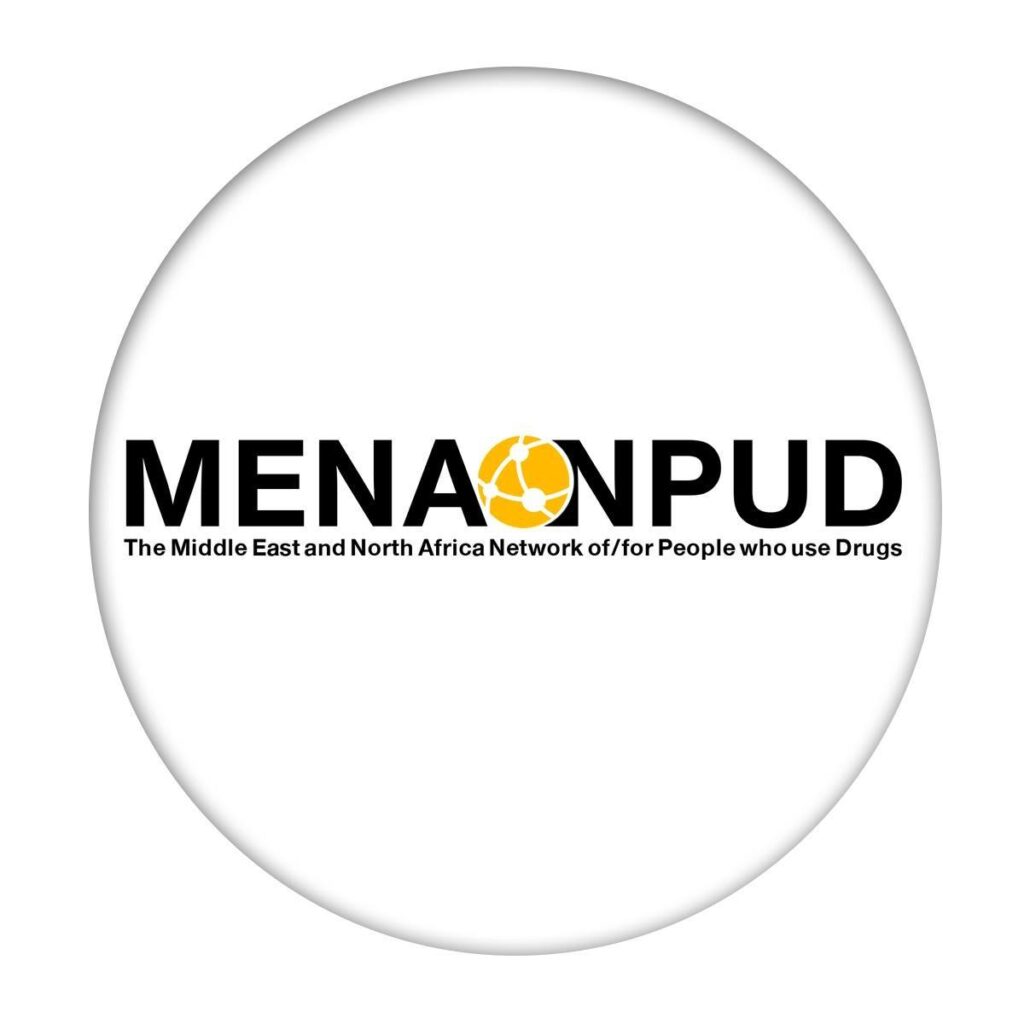Member Updates
African Network of People who Use Drugs (AfricaNPUD)

In 2023, AfricaNPUD engaged with UNAIDS during the International Conference on AIDS and STIs in Africa (ICASA) 2023 to explore the utilisation of the UNAIDS Technical Support Mechanism in Eastern and Southern Africa, focusing on accelerating CLM implementation among people who use drugs. AfricaNPUD also participated in the December Intersessional meeting of the Commission on Narcotic Drugs, making a significant statement on the harms of prohibitions against PWUD in Africa and globally. Additionally, AfricaNPUD contributed to developing and endorsing the Harare 2023 Declaration by women who use drugs in Africa and joined the CAB at the INHSU 2023 conference to influence WHO master protocols on harm reduction tools.
In 2022, AfricaNPUD published the first regional research report on human rights violations against people who use drugs during COVID-19, highlighting awareness and knowledge of human rights within the community to inform advocacy. Additionally, AfricaNPUD established crucial linkages with UNAIDS and UNODC regional offices, setting the stage for future advocacy. It facilitated the release of 87 individuals in Mali through their efforts against arbitrary arrests.
Eurasian Network of People who Use Drugs (ENPUD)

In 2023, ENPUD launched an advocacy initiative for universal and unconditional access to OAT for people who use drugs in the region. They announced their intention to spend the subsequent three years conducting community consultations to inform the development of a position paper on the need to recognise OAT as an essential medicine. This important critique will support their advocacy work with national health institutions and parliaments to change clinical protocols. ENPUD’s documentation of human rights violations in Ukraine, Moldova, Kazakhstan and Kyrgyzstan has already led to improved OAT access in Ukraine.
In 2022, ENPUD developed a new Strategic Plan (2022 – 2024), formed the ENPUD Expert Council on Drug Policy and secured funding from the Global Fund’s regional project Sustainability of Services for Key Populations in the EECA Region (SoS2.0). During the 2022 Russian attack on Ukraine, they collaborated with INPUD and donors to support drug users through evacuation, medical care and resettlement, ensuring continuous support and provision of essential supplies.
Network of Asian People who Use Drugs (NAPUD)

In 2023, NAPUD successfully organised a cross learning meeting with Global Fund support for its representatives, focusing on enhancing community involvement and addressing gaps in harm reduction programming. This initiative aimed to familiarise networks with GC7 elements, strengthen their engagement in Global Fund grants and ensure the inclusion of women and young people who use drugs in national responses. Regionally, NAPUD played a pivotal role in creating the Seven Alliance, a collaboration between the Asia Pacific key population networks seeking to promote and empower community based organisations through CLM. As a result, the Global Fund selected the Seven Alliance to host the Community Engagement Strategic Initiative’s Regional Learning Hub in Asia Pacific between 2024 and 2026.
In 2022, NAPUD worked towards reducing stigma and improving access to harm reduction services by holding meetings with provincial government stakeholders in Indonesia and targeting the National AIDS Control Organisation and State AIDS Control Societies in India. Their efforts facilitated technical assistance support for Bangladesh’s network of people who use drugs from the Global Fund’s CRG Strategic Initiative, leading to a situational assessment and the development of an advocacy plan to scale up harm reduction services. Additionally, NAPUD joined the UNODC Southeast Asia Pacific Office’s Technical Working Group for Thailand, contributing as harm reduction experts and providing valuable inputs and best practice examples to shape Thailand’s Harm Reduction Policy.
Middle East and North African Network of People who Use Drugs (MENANPUD)

In 2023, MENANPUD held a Resource Mobilisation Workshop supported by RCF. As a result, MENANPUD were able, for the first time, to take the initiative and submit a funding application to Love Alliance. Additionally, they strengthened their cooperation with the regional network of MENA Rosa by holding a consultative meeting that included women who use drugs and women living with HIV.
South African Network of People who Use Drugs (SANPUD)

The Africa Policy Week 2023 brought together a diverse range of 150 delegates from government, civil society, academia and affected communities to share valuable insights into how policies impact individuals on the ground. Supported by the Love Alliance, INPUD and SANPUD played key roles during the event by facilitating dialogues among networks of people who use drugs to strengthen collaboration, identify common agendas for future joint activities and maximise existing resources and funding. INPUD used the week as an opportunity to exchange learning among national networks who participated in the Our Rights, Every Body’s Rights project. Participants from drug user-led networks discussed the successes and challenges of implementing the advocacy roadmaps developed during their workshops, as well as the results of their legal assessments. These dialogues are important as INPUD continued to support networks in achieving the 10-10-10 and 80-60-30 targets at the national level.
Pacifica Network of People who Use Drugs (PaNPUD)
PaNPUD spent 2023 reaching out to people who use drugs in the region. An Interim Board of six people from Australia and New Zealand has been selected and continue to focus on extending our reach to secure representation throughout the entire region. At its initial meeting, the Interim Board agreed that “PacificNPUD” was a more descriptive and acceptable name with consideration to the diversity of the region than the initially proposed “PacifikaNPUD”
The process of drafting governance documents and developing a Communications Strategy has begun. The emphasis is on ensuring that appropriate pathways exist for widespread participation, with particular consideration to attracting members from parts of the region without a local drug user organisation providing a locus for harm reduction and activism.